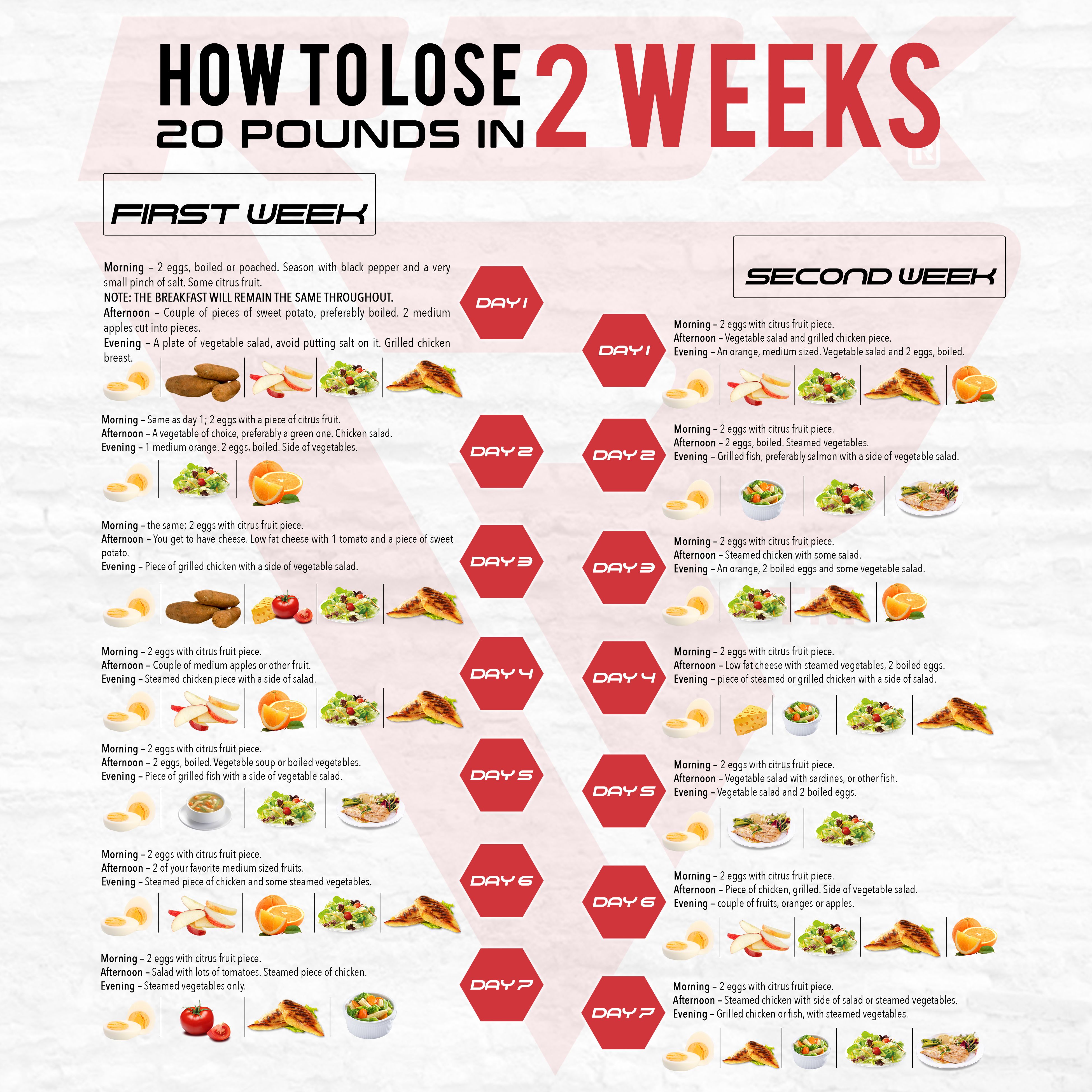Losing weight is not just about cutting calories—it’s about creating a sustainable weight loss nutrition plan that supports fat burning, preserves lean muscle, and keeps energy levels high. With countless fad diets and conflicting advice, many people struggle to find a balanced approach that actually works.
The key lies in nutrition science. A well-designed weight loss nutrition plan emphasizes whole foods, balanced macronutrients, and gradual calorie adjustments. Unlike crash diets, this method promotes long-term health and prevents rebound weight gain.

The Science Behind a Weight Loss Nutrition Plan
Every effective plan rests on a foundation of physiology and metabolism. Here’s how the right foods support weight loss:
-
Calorie deficit: A daily deficit of 500–750 calories can lead to a safe weight loss of 1–1.5 pounds per week.
-
Protein intake: Boosts satiety, supports lean muscle mass, and increases thermogenesis (calories burned during digestion).
-
Fiber-rich foods: Slow digestion, regulate blood sugar, and reduce cravings.
-
Healthy fats: Omega-3s and monounsaturated fats improve satiety and hormone balance.
-
Hydration: Water aids digestion, reduces false hunger cues, and supports fat metabolism.
Mechanisms at work:
-
Fat burning: Reduced carb intake and balanced protein encourage the body to use stored fat for energy.
-
Appetite control: Protein and fiber suppress hunger hormones like ghrelin.
-
Digestive health: Whole grains, legumes, and vegetables improve gut microbiome balance, indirectly supporting weight control.
Research and Case Studies
Scientific studies consistently support structured nutrition plans for weight management:
-
A 2021 JAMA Network trial (over 600 participants) found that calorie-controlled, high-protein diets produced more sustainable weight loss compared to low-fat diets.
-
A systematic review in The American Journal of Clinical Nutrition (2020) showed that people following structured plans with at least 25% of calories from protein had better fat loss and preserved muscle mass.
-
Research at Harvard (2019) highlighted that participants who followed a Mediterranean-inspired nutrition plan lost more weight and maintained it longer than those on standard low-fat diets.
Practical Meal Ideas for a Weight Loss Nutrition Plan
The best plan is one you can stick to. Here are some structured but flexible ideas:
1. Breakfast Options
-
Overnight oats with chia, berries, and almond butter
-
Scrambled eggs with spinach and whole-grain toast
-
Protein smoothie with banana, whey protein, and almond milk
2. Lunch Options
-
Grilled chicken quinoa bowl with vegetables
-
Lentil soup with a side salad
-
Turkey wrap with avocado, lettuce, and hummus
3. Snacks
-
Apple with peanut butter
-
Cottage cheese with pineapple
-
Handful of almonds and green tea
4. Dinner Options
-
Baked salmon with roasted sweet potatoes and broccoli
-
Lean beef chili with beans and brown rice
-
Tofu stir-fry with vegetables and sesame oil
5. Weight Loss Drinks & Boosters
-
Detox water: Cucumber, lemon, mint infusion
-
Green smoothie: Kale, apple, ginger, protein powder
-
Homemade vinaigrette: Olive oil, lemon juice, Dijon mustard for salads
Benefits of a Structured Weight Loss Nutrition Plan
When followed consistently, this plan delivers benefits beyond fat loss:
-
Steady fat reduction without extreme hunger
-
Better digestion and gut health from fiber-rich foods
-
Increased energy levels thanks to balanced macronutrients
-
Improved skin and hair health due to nutrient diversity
-
Lower risk of chronic disease (diabetes, hypertension, heart disease)
Best Practices and Precautions
To make your weight loss nutrition plan safe and effective:
-
Never drop below 1,200 calories/day for women or 1,500 for men without medical supervision.
-
Spread protein intake across meals (20–30g each).
-
Limit processed sugar and refined carbs.
-
Stay hydrated—2–3 liters daily.
-
Avoid labeling foods as “good” or “bad”; focus on balance.
-
Monitor progress weekly, not daily, to avoid discouragement.
Combining With Other Strategies
Nutrition alone is powerful, but synergy with other habits accelerates results:
-
Exercise: 150 minutes of moderate activity (walking, cycling, swimming) plus 2–3 strength sessions weekly.
-
Sleep: Aim for 7–9 hours to regulate appetite hormones.
-
Mindful eating: Slow chewing and smaller plates reduce overeating.
-
Meal prepping: Prevents impulsive, unhealthy choices.
FAQs: Weight Loss Nutrition Plan
1. How many calories should I eat to lose weight?
Most adults aim for 1,200–1,800 calories daily, depending on age, gender, and activity level.
2. Can I eat carbs on a weight loss nutrition plan?
Yes—choose complex carbs like oats, brown rice, and quinoa for sustained energy.
3. What is the role of protein in weight loss?
Protein preserves lean muscle, increases fullness, and burns more calories during digestion.
4. How fast will I see results?
Safe weight loss averages 1–2 pounds per week. Rapid loss often leads to rebound.
5. Are cheat meals allowed?
Occasional indulgences are fine—balance is more important than perfection.
6. Should supplements be included?
Not necessary for most, but vitamin D, omega-3, or probiotics may help if recommended by a healthcare professional.
Weight Loss Nutrition Plan Conclusion
A weight loss nutrition plan is not a rigid diet—it’s a structured, science-based approach that blends balanced eating with sustainable lifestyle habits. By focusing on nutrient-dense foods, mindful choices, and gradual adjustments, you can lose weight safely and keep it off.